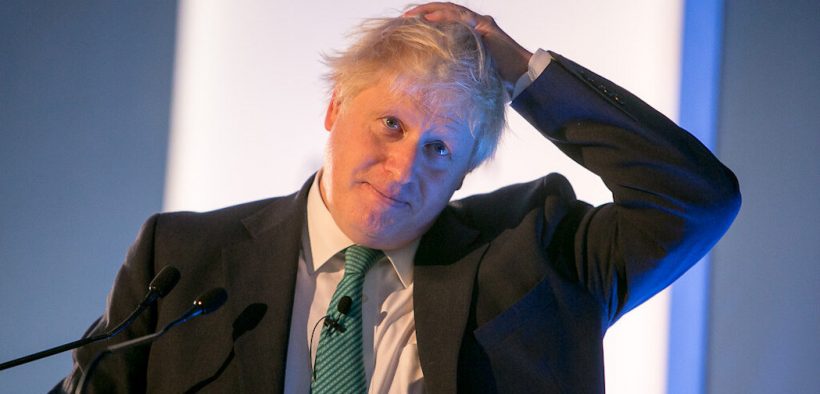Brexit Has a New Deal! But Will UK’s Parliament Approve?

Both the U.K. and the E.U. have reportedly agreed on new terms for Britain’s exit from the E.U.
British Prime Minister Boris Johnson and the E.U.’s commission president Jean-Claude Juncker announced the new Brexit deal is a fair outcome for both sides. With the Brexit deadline of October 31st fast approaching, Juncker added that there would now be no need to extend the Brexit deadline.
While Johnson’s ability to get the E.U. to renegotiate the Brexit withdrawal deal is a significant victory, Johnson’s real challenge will be convincing his fellow countrymen to approve the deal. Johnson will face a battle to get the deal through parliament on Saturday as he urges his nation’s parliament to get together for a vote for what he described as “an excellent deal over the line.”
What’s in the New Brexit Deal?
- Transition: A transitional period would last until the end of December 2020 during which all the current E.U. and U.K. rules stay the same. The transitional period can be extended for another year or two but only if both the E.U. and U.K. both agree to it.
- The deal would guarantee the residency and social security rights of E.U. citizens who live in the U.K., as well as those U.K. citizens who live in the E.U.
- Customs: The U.K. would cease being part of the E.U. customs union, but the U.K. is free to initiate trade deals with other countries. The Republic of Ireland would stay in the E.U. creating a customs border with Northern Ireland resulting in a series of complicated changes to customs and taxation. Northern Ireland would be subject to different VAT arrangements from the rest of the U.K.
- The U.K. is still obligated to pay its contributions to the E.U. 2019 and 2020 budget.
- Both the E.U. and U.K. are committing to work toward a free trade agreement, with a meeting scheduled for June 2020 to assess progress.
Vote Not Clear in Parliament
Based on the U.K. voting system, the prime minister needs the backing of 320 total votes, but it will be a close call if he gets them. A statement released by the Democratic Unionist Party (DUP), which Johnson’s Conservative Party relies on for crucial votes, suggests achieving the 320 vote threshold could be difficult.
“These proposals are not, in our view, beneficial to the economic well-being of Northern Ireland, and they would undermine the integrity of the Union,” said the DUP in the statement.
DUP deputy leader Nigel Dodds accused Mr Johnson of being “too eager by far to get a deal at any cost”.
Johnson’s Conservative Party has 287 voting MPs, though it’s not a guarantee all will side with Johnson to approve the new Brexit deal.
In order for Johnson’s deal to pass through Parliament, he will need to convince independents and members of opposition parties like the Greens and Labour to buck their party line.
During former Prime Minister Theresa May’s third Brexit vote in March of this year, five Labour MPs backed the deal, plus two ex-Labour independents. Johnson may prove more successful as it’s believed more MPs have shown satisfaction with the new deal.
In the meantime, French President Emmanuel Macron said that Johnson assured him he had the votes needed for approval in the House of Commons.
If Johnson doesn’t get the votes, it’s back to endless extensions.















